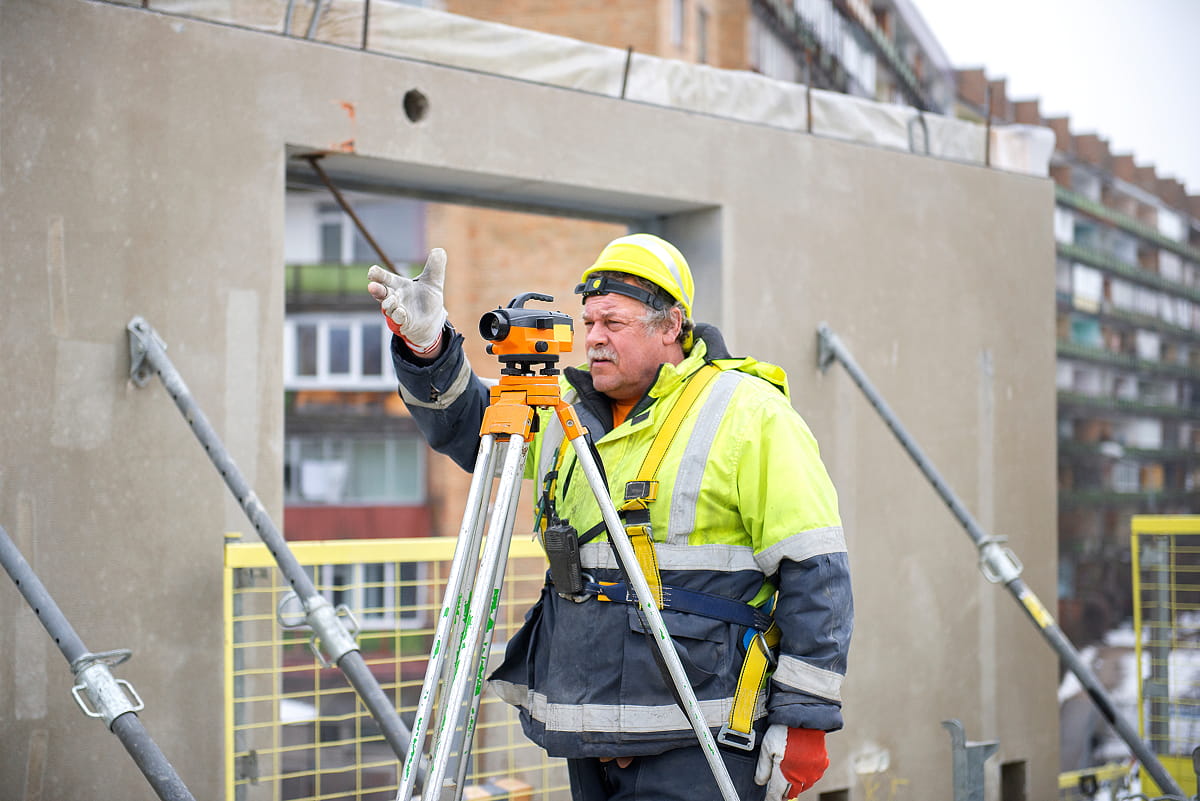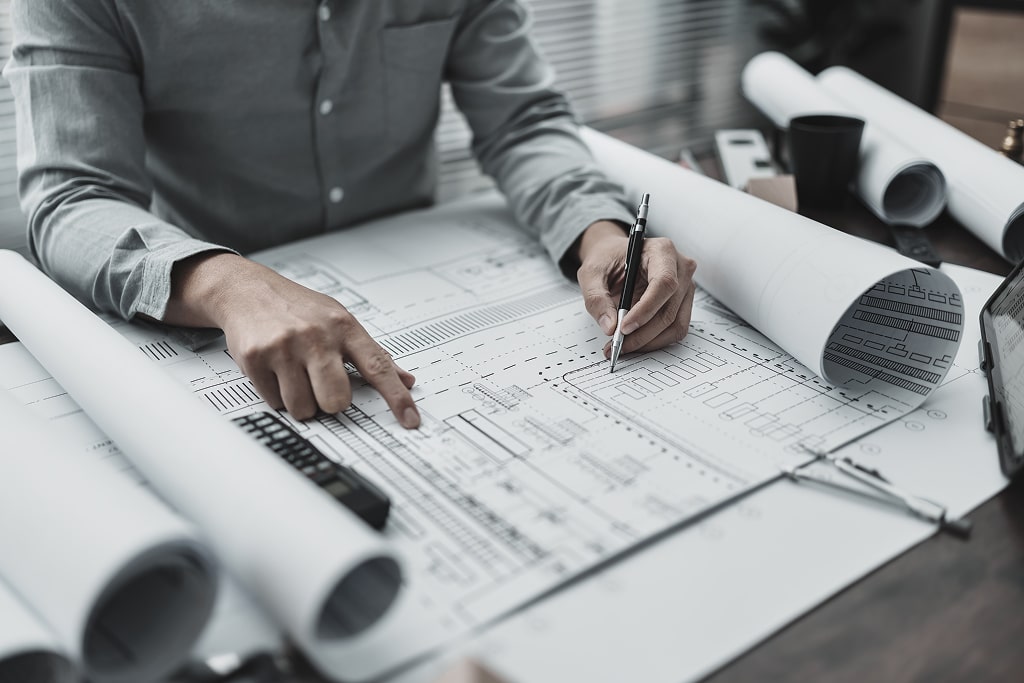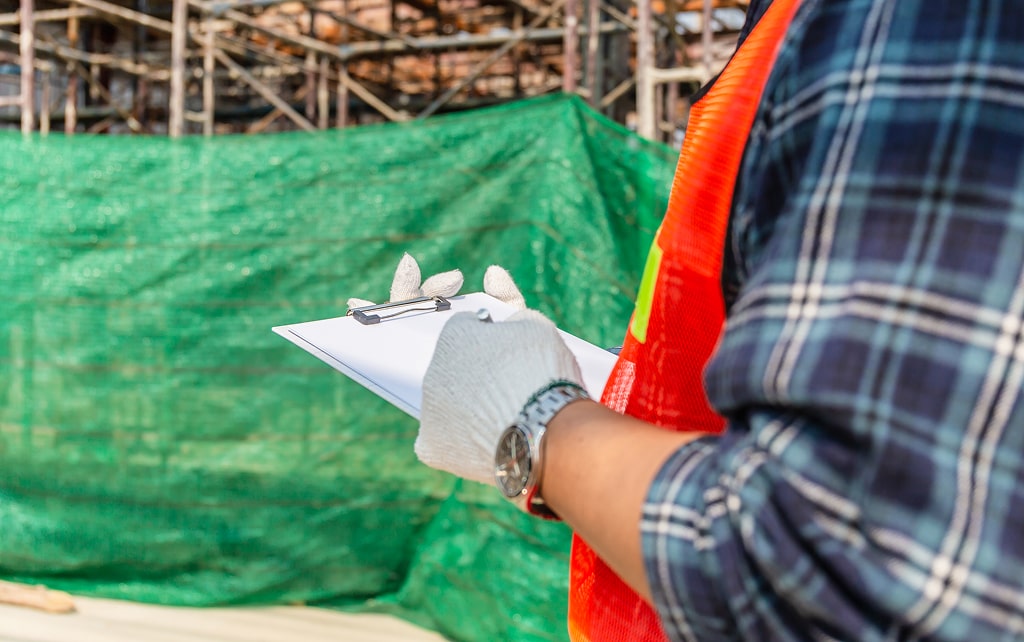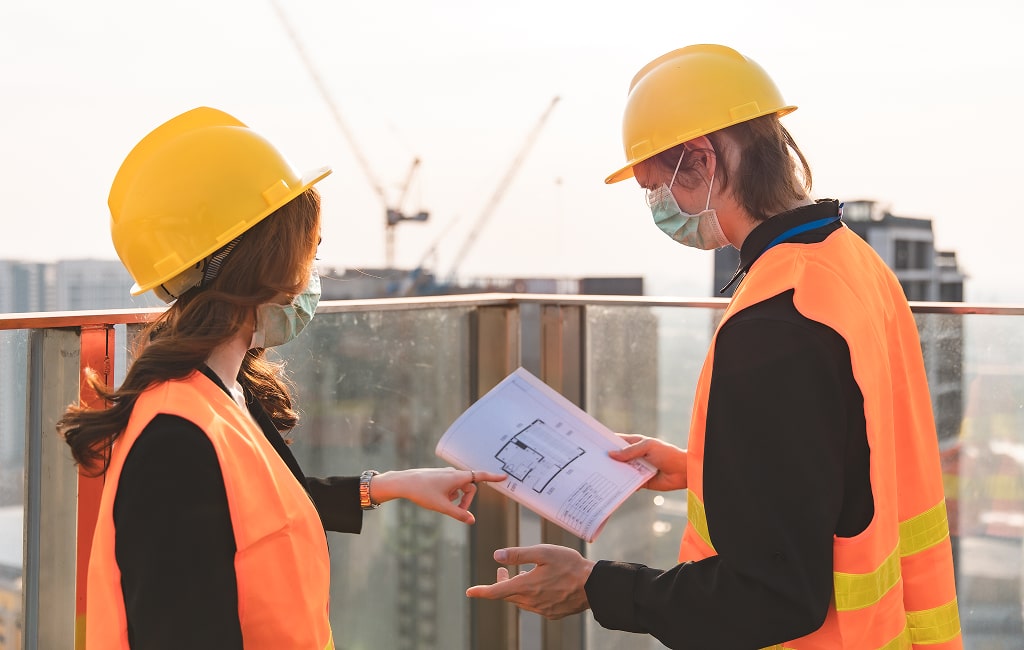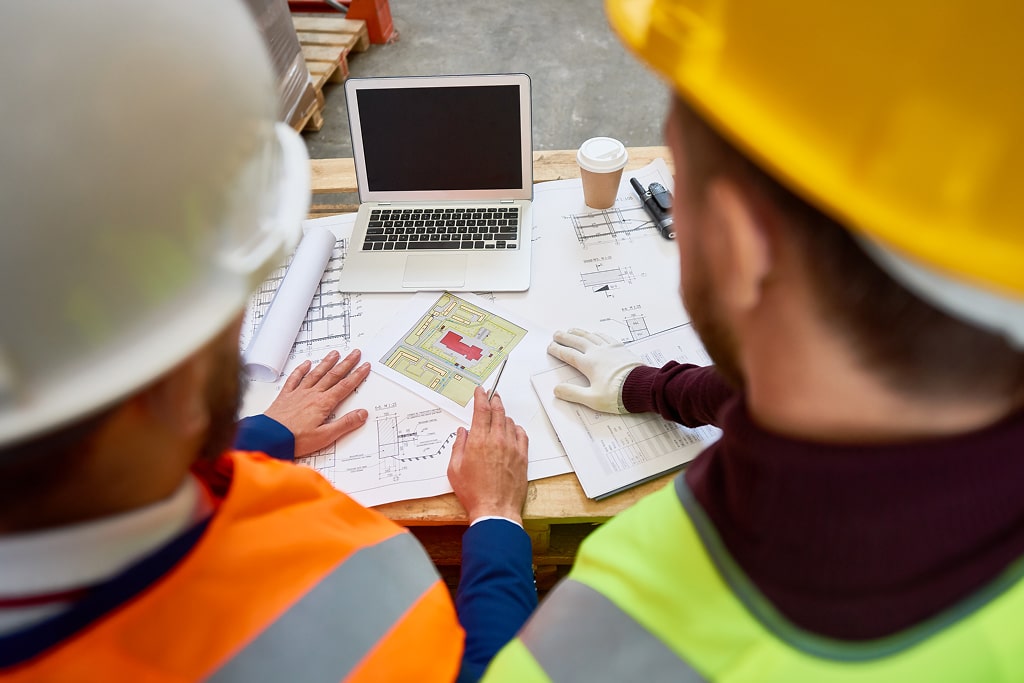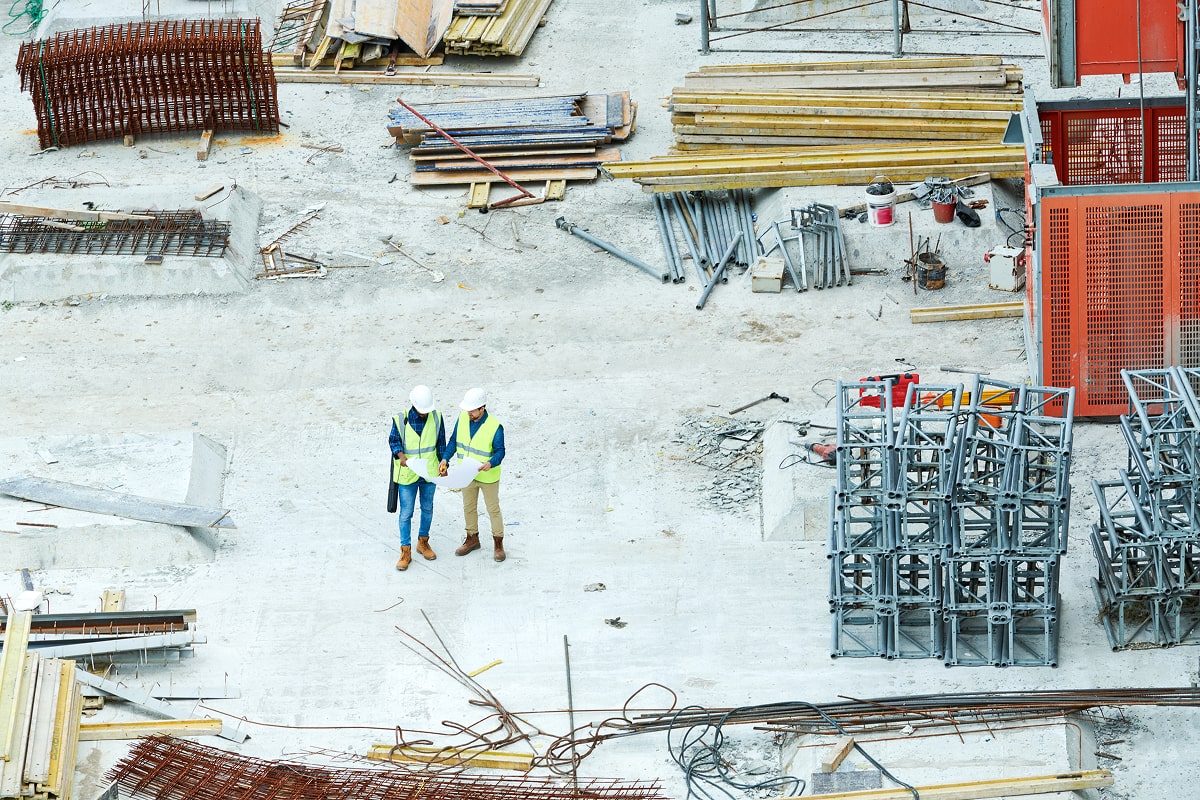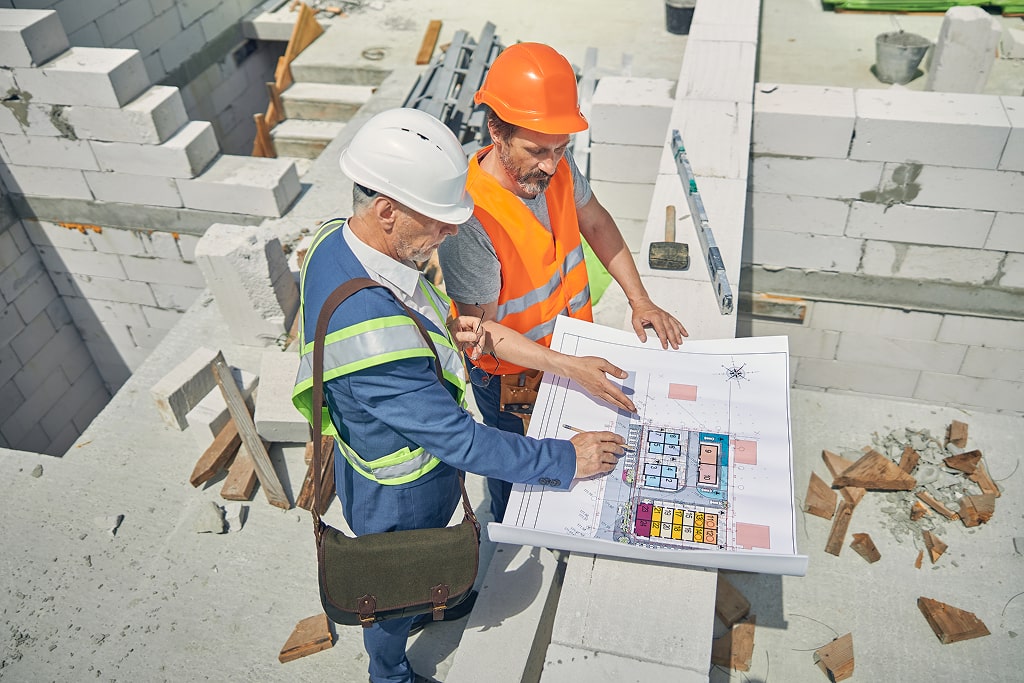Strong buildings do not start with bricks. They start with someone who knows how to check the land, the structure, the risks, and the hidden problems before a single tool is lifted.
That is why building surveying services in the UK sit at the heart of every successful project. They protect your money, your time, and your peace of mind long before the first wall goes up.
This is also why many property owners and developers trust The Construction Consultants to guide them from day one.
When you have the right people looking out for you, every decision becomes clearer.
Why Building Surveying Services in the UK Matter More Than People Realise
People often think surveying is only about checking cracks in a wall. It is far bigger than that.
Building surveying services in the UK help you understand what you are buying, what you are building, and what might go wrong later.
It is the kind of support that saves you from costly surprises.
Here are the reasons many professionals say building surveying services in the UK are essential.
They Help You Make Smarter Choices
A building may look fine at first glance, but problems can hide under floors, behind walls, or deep in the roof. Surveyors spot these issues early.
According to the UK Royal Institution of Chartered Surveyors (RICS), regular and early surveying greatly reduces the risk of expensive repairs later.
They Keep Your Project Safe and Legal
Building rules in the UK are strict. A study by the UK Government’s Building Safety Programme shows that many structural failures are linked to poor oversight and missed checks.
Building surveying services in the UK help you avoid that. They make sure the design, materials, and work all meet the required standards.
They Protect You From Overspending
No one wants to pay for repairs that could have been avoided. Surveyors help you understand real costs and spot risks early.
Based on research shared by the UK National Housing Federation, early inspections often save owners thousands in future repairs.
What Do Building Surveying Services in the UK Actually Cover?
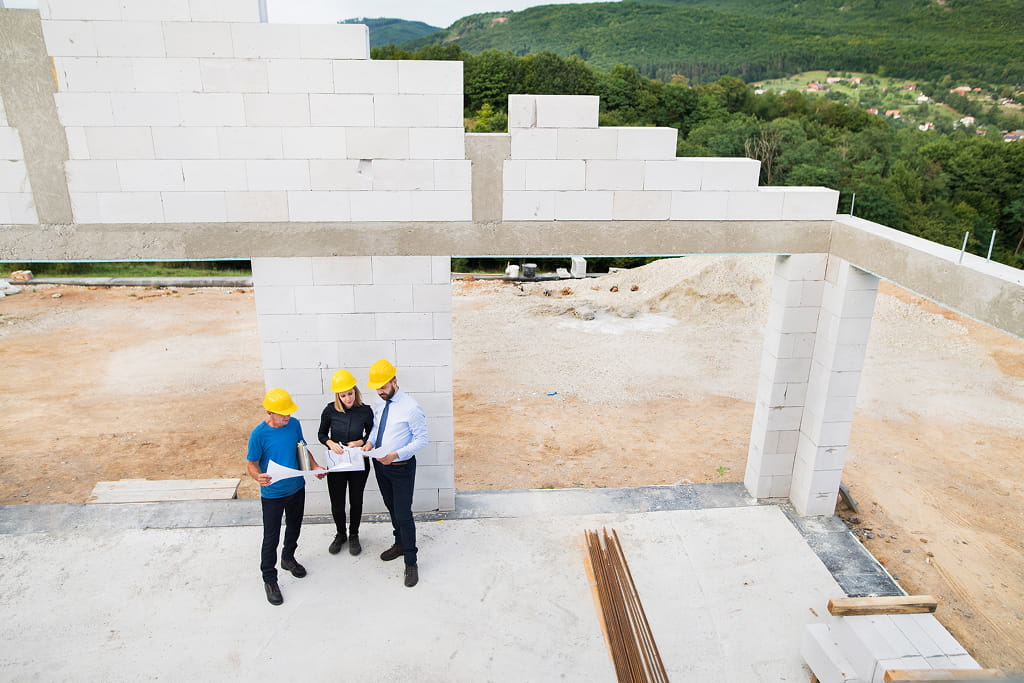
People ask this question all the time. Building surveying services in the UK cover every stage of the building life cycle.
From the moment you plan, to the day you maintain, to the years you use the building, a surveyor keeps your project grounded.
Common Services You Get
- Checks on building conditions
- Risk assessments
- Help with building rules
- Advice on repairs
- Advice on materials
- Project monitoring
- Support during design and construction
What These Services Mean for You
- Fewer surprises
- Clearer decisions
- Safer buildings
- More control over costs
- Better long-term value
How This Helps Different People
For Property Buyers
You know exactly what you are buying.
For Homeowners
You learn what needs fixing before it turns into a bigger problem.
For Developers
You keep your project on track and avoid delays.
For Businesses
You reduce safety risks and protect your investment.
Why Early Surveys Make Every Build Stronger
The earlier you bring in building surveying services in the UK, the smoother your project becomes. Problems caught early are easier and cheaper to fix.
A Study That Supports Early Checks
A report from the UK Construction Industry Training Board says early inspection and planning reduce error rates and delays.
This means you save time and avoid stress later.
How Early Surveys Change the Project
- You spot hidden issues
- You understand the land better
- You choose better materials
- You avoid delays
- You plan around risks
It is like having a guide who points out potholes before you step on them.
How Building Surveying Services in the UK Make Renovations Easier
Renovating sounds simple until you start opening walls and floors. This is where surveyors become your best friend.
Why Renovations Need a Surveyor
- Older buildings may have weak beams
- Some walls cannot be removed
- There may be damp problems
- The roof may be unsafe
- Plumbing and wiring may be outdated
A Surveyor Helps You Avoid
- Overspending
- Unsafe changes
- Limited layouts
- Delays
- Material problems
What Makes a Good Building Surveyor in the UK
When choosing building surveying services in the UK, the people you work with matter as much as the service itself.
Key Qualities to Look For
- Clear communication
- Strong knowledge of building rules
- Attention to detail
- Experience with different property types
- Ability to guide you, not confuse you
A good surveyor should talk to you like a trusted friend, not bury you in technical terms.
Why Qualifications Matter
RICS states that certified surveyors follow strict professional standards to protect clients.
How Building Surveying Services in the UK Support Sustainable Building
Sustainability is now a top priority in the UK. Many people want buildings that are safe, long-lasting, and energy-efficient.
Building surveying services in the UK help you choose:
- Better materials
- Safer systems
- Energy saving options
- Smarter layouts
Surveyors help you meet modern demands without making the project harder.
Why Commercial Projects Need Strong Surveying Support
Homes need surveys, but commercial buildings need them even more. These buildings often face higher safety rules and bigger risks.
Main Reasons Commercial Sites Need Surveying
- They handle more people
- They have heavier loads
- They have stricter rules
- They cost more to repair
- They must meet business standards
Commercial owners lose money every day a building is not ready. Surveyors help prevent this.
How Building Surveying Services in the UK Reduce Stress for Owners
A project with no surveying support often feels chaotic. You are left guessing, hoping, and worrying.
Surveyors Make Things Simpler
- They explain things in plain English
- They check what you might miss
- They talk to contractors for you
- They help you plan
- They give you confidence
When a surveyor joins the project, everything feels more manageable. It is like having someone who always has your back.
What People Usually Ask About Building Surveying Services in the UK
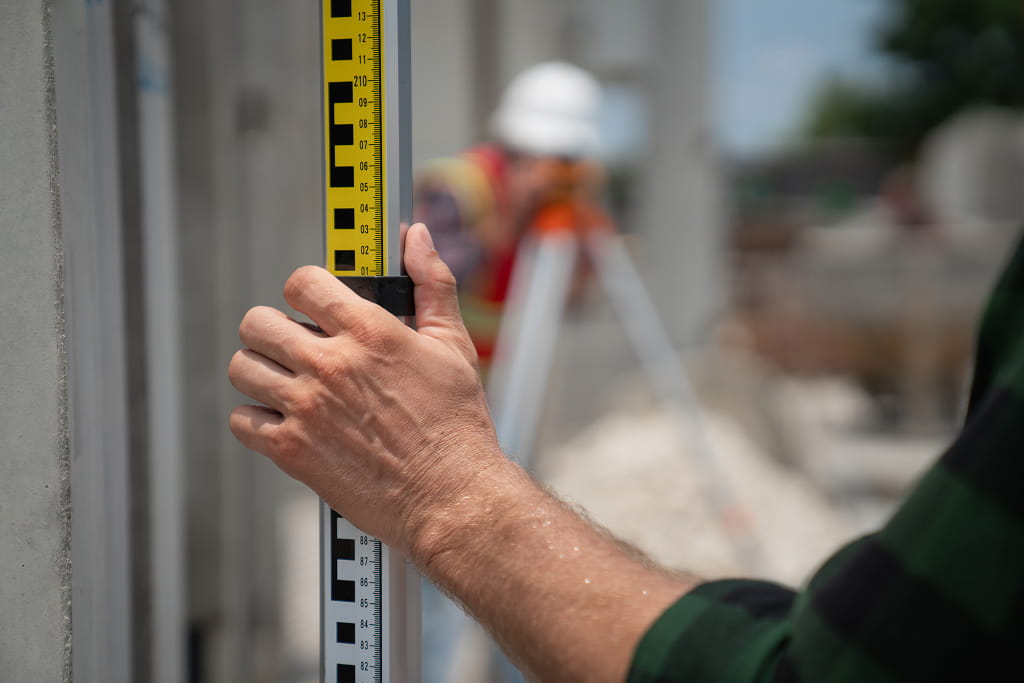
Why do I need a survey if my builder already knows the project?
A builder focuses on the build. A surveyor focuses on the whole structure, rules, conditions, risks, and future impact.
What if my property seems fine already?
Many issues are hidden. Damp, weak beams, and roof problems often show no signs until it is too late.
How often should buildings be checked?
Regular checks help spot risks early. Older buildings may need more frequent inspections.
Who benefits from building surveying services in the UK?
Buyers, homeowners, landlords, developers, architects, and business owners.
Are surveys expensive?
Surveys cost far less than repairing faults later. Many owners see surveys as protection for their investment.
What Happens During a Building Survey
Every project is different, but most surveys follow a simple flow.
Here is a basic rundown
- Initial talks
- Site visit
- Checks on structure
- Notes on risks
- Advice on improvements
- Short and clear report
The goal is always the same. To give you full clarity.
Why Failing to Use Building Surveying Services in the UK Can Cost You More
Skipping a survey might feel like saving money, but most people end up paying more later.
Based on a study by the HomeOwners Alliance UK, more than half of buyers face unexpected repair costs because they skipped surveys.
Many repairs cost thousands. A survey helps you avoid this.
Strong Builds Start With Smart Choices
Every strong building begins long before the first brick is placed. It starts with making sure the land is stable, the plan is sound, and the risks are known.
That is what makes building surveying services in the UK so valuable. They help you protect your money, your time, and your future.
If you want a team that treats your project with care and honesty, The Construction Consultants provide the support you need.
With the right surveyors beside you, your build becomes safer, clearer, and far more secure.
Whenever you plan a new project or step into a property, remember this simple truth. Buildings stand tall because someone took the time to check the ground first.

